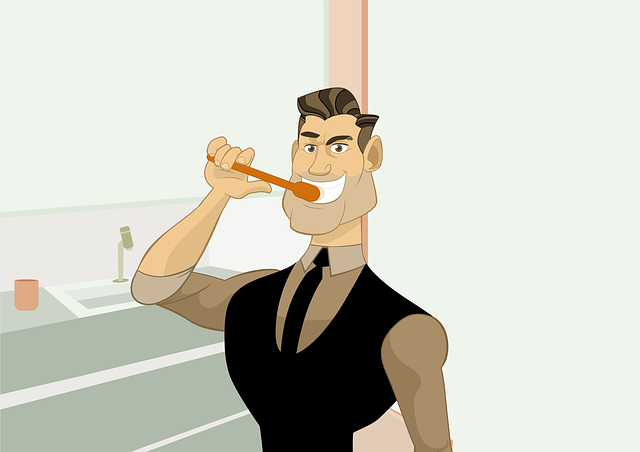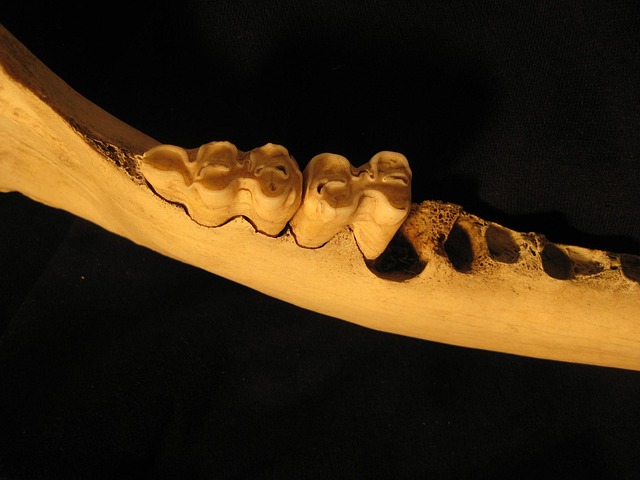In Eugene, Oregon, understanding the importance of wisdom teeth removal is crucial for maintaining optimal oral health. Wisdom teeth can cause issues if impacted or partially erupted, leading to pain, swelling, infection, and damage to adjacent teeth. Early detection through regular dental checkups prevents complications. Selecting a certified ADA Oral Surgeon specializing in wisdom teeth removal is vital for an optimal outcome and faster recovery. The procedure involves precise surgical incisions to access and remove impacted teeth, followed by aftercare instructions focusing on managing swelling, pain, and maintaining good oral hygiene. Proper care post-removal is essential for uneventful healing, including following instructions from the surgeon and avoiding certain activities or foods.
“Looking for reliable oral surgery in Eugene, Oregon? This comprehensive guide delves into the intricacies of wisdom teeth removal, a common yet potentially complex procedure. We explore when and why it’s necessary, emphasizing the significance of choosing the right Oral Surgeon with expert expertise. From pre-op preparation to post-surgery care, this article navigates the entire process, offering insights to ensure a safe and smooth experience for effective wisdom teeth extraction.”
- Understanding Wisdom Teeth Removal: When and Why It's Necessary in Eugene, OR
- Choosing the Right Oral Surgeon: Expertise Matters for Safe and Effective Procedures
- The Wisdom Teeth Extraction Process: What to Expect During and After Your Surgery
- Recovery and Care After Wisdom Teeth Removal: Tips for a Smooth Healing Process
Understanding Wisdom Teeth Removal: When and Why It's Necessary in Eugene, OR

In Eugene, Oregon, understanding when and why wisdom teeth removal is necessary is crucial for maintaining optimal oral health. Wisdom teeth, also known as third molars, often appear between the ages of 17 and 25. While some individuals never develop wisdom teeth, others may experience impaction or partial eruption, leading to various oral health issues. Impaction occurs when the tooth becomes stuck under the gumline or in bone, causing pain, swelling, infection, or damage to adjacent teeth.
Wisdom teeth removal is typically recommended when they are impacted, partially erupted, or cause discomfort, pain, or potential damage to other teeth and gums. Early detection through regular dental checkups can help prevent complications. Eugene residents should consult with an oral surgeon who specializes in wisdom teeth removal to determine the best course of action based on their unique oral anatomy and health history.
Choosing the Right Oral Surgeon: Expertise Matters for Safe and Effective Procedures

When considering oral surgery, particularly procedures like wisdom teeth removal, choosing the right surgeon is paramount. It’s not just about finding someone local; it’s about locating an expert with extensive training and a proven track record in your specific procedure. Look for oral surgeons certified by the American Dental Association (ADA) who specialize in areas relevant to your needs.
Experience counts when it comes to safety and effectiveness. A seasoned oral surgeon is more likely to anticipate potential complications, employ modern techniques and technology, and provide personalized care tailored to your comfort and recovery. Don’t settle for less than a professional dedicated to delivering the best possible outcome.
The Wisdom Teeth Extraction Process: What to Expect During and After Your Surgery

The wisdom teeth extraction process involves a careful and precise surgical procedure. During the operation, an oral surgeon will make incisions in your gum line to access the impacted or partially erupted wisdom teeth. The teeth are then carefully removed, ensuring that the roots are entirely extracted to prevent future complications. The entire process is typically performed under local anesthesia to minimize discomfort, with patients receiving detailed aftercare instructions for a smooth recovery.
After the surgery, it’s common to experience some swelling and mild pain in the treated area, which can be managed with over-the-counter medications. Patients are advised to maintain good oral hygiene, gently cleaning the extraction sites as directed by their surgeon. It’s crucial to follow these aftercare instructions to prevent infections and ensure proper healing. Regular check-ups with your oral surgeon will monitor your recovery and address any concerns promptly.
Recovery and Care After Wisdom Teeth Removal: Tips for a Smooth Healing Process

After wisdom teeth removal, proper care and recovery are essential for a smooth healing process. It’s crucial to follow your oral surgeon’s post-operative instructions carefully. This typically includes keeping the extraction site clean by gently rinsing with warm salt water several times a day, avoiding strenuous activities or intense physical movements for a few days, and not using a straw for drinking as it can disrupt the blood clot forming in the socket. Additionally, managing pain and swelling is vital; over-the-counter pain relievers can help alleviate discomfort, while applying cold compresses to the outside of your cheek can reduce swelling.
To prevent infection, it’s essential not to spit or rinse vigorously immediately after surgery, and to avoid touching the extraction site with your tongue or cleaning it vigorously with a toothbrush for at least 24 hours. Eating soft foods like yogurt, soup, and mashed potatoes for the first few days helps in healing without straining the gums. Gradually reintroduce solid foods as comfort allows, avoiding spicy, crunchy, or sticky items that could irritate the extraction site. Regular check-ins with your oral surgeon are also recommended to monitor healing progress and address any concerns promptly.






